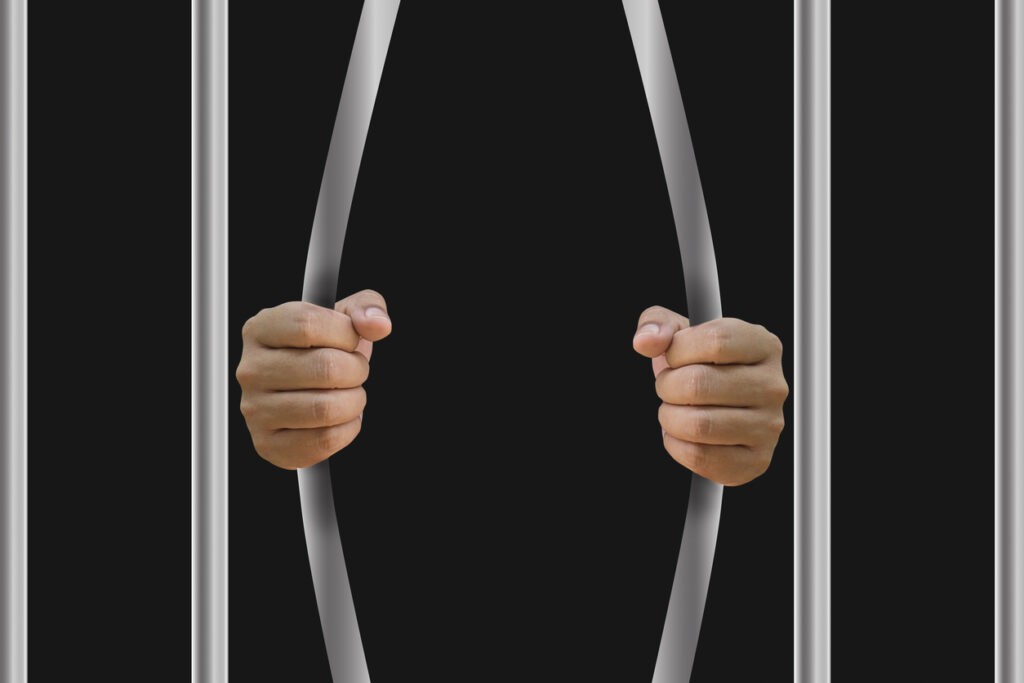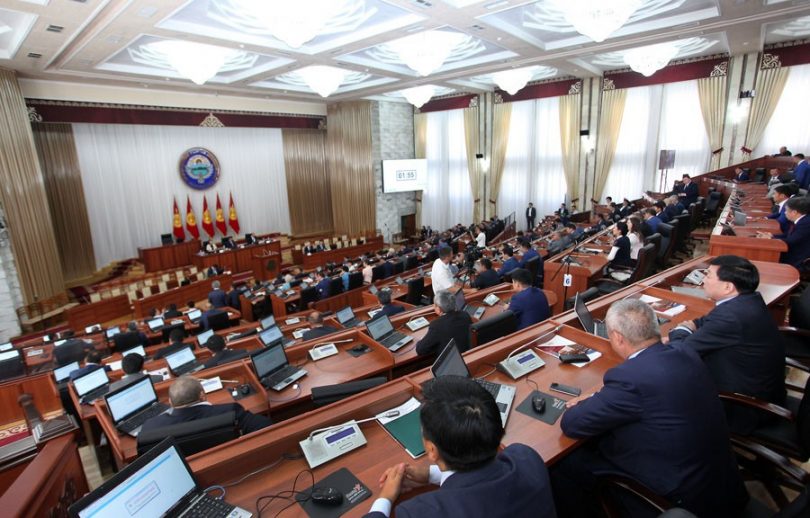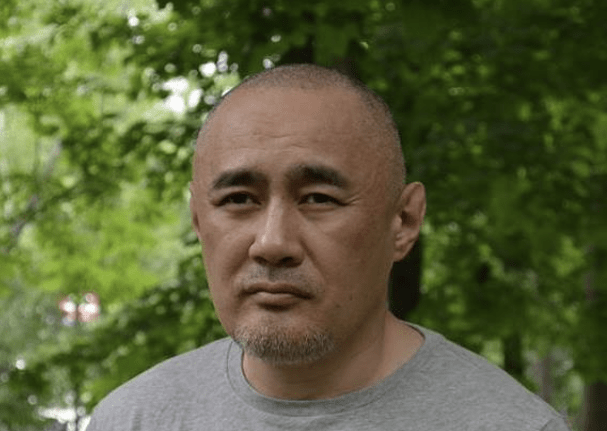TBILISI (TCA) — According to former EU and US Ambassadors to Georgia Denis Corboy, William Courtney, and Kenneth Yalowitz “Georgia’s status as a post-Soviet democratic leader is under challenge. A flawed presidential election, use of force against protesters, and political manipulations by the secretive billionaire who heads the ruling Georgian Dream Party have strained public confidence and brought mounting public protests. Domestic calm may hinge on improving political dialogue and conducting free and fair parliamentary elections in fall, 2020.
Independent Georgia has made substantial democratic progress, aided by multiparty elections, robust civil society organizations, and media freedoms. In 2003 the Rose Revolution—a peaceful uprising against political stagnation—accelerated democratic momentum. Now Georgians may again be tiring of poor governance and lack of transparency. A National Democratic Institute poll last July found that 60 percent of respondents evaluate the performance of the current government as “bad.”
But who is the main opposition force in Georgia? Question comes to mind. Former government of the United National Movement under Mikheil Saakashvili ended its rule in disgrace over torturing and assassinating many Georgians in 2004-2012. Many of those people are still protesting. Georgian Dream’ Party failed to fulfil its promise to bring perpetrators to justice. As a result, Mr. Saakashvili is still enjoying comfortable lifestyle outside Georgia, while he is charged with murder. Many Georgians compare their situation to that of Armenia, who had a successful nonviolent revolution last year and who has brought former President to justice and many corrupt officials as well. In Georgia, according to expert Eliso Kiladze, people are waiting for justice for more than 7 years and it does not look like government cares.
According to many different experts, one of them being Gia Khukhashvili, two main political parties: Georgian Dream and United National Movement with its offshoots have monopolized the political field last 8 years. This so called co-habitation has killed political progress in Georgia. In reality those two parties do not represent the will of the majority of Georgian electorate. In reality this is the struggle between two corrupt oligarchic groups, who are rigging elections together and who are making lots of profits last 8 years together. Grigol Vashadze and Mr. Saakashvili himself have a former Soviet KGB background and have contributed heavily to the war in 2008. Now they are orchestrating another bloody conflict — either between Georgians or between Georgians and Russians. Both of those could be catastrophic for Georgian society. Georgian Dream leadership is also not doing anything to establish positive peace in Georgia for last 7 years and this is very disappointing for many international relations specialists.
Members of international community are now trying to help to establish a more proportionate system that would give the opportunity to smaller parties to advance to the parliament of Georgia. This would be the only way to make Georgia more democratic. For now, two main parties control most of the Georgian economy and its political landscape. Majority of the population think that together, Georgian Dream and UNM do not control more than 28 percent which is absolute minority. The survey conducted by National Democratic Institute for International Affairs (NDI) shows that support of Georgian Dream party has dropped to just 19 percent. Support for United National Movement has dropped to just 9 percent. European Georgia and Patriotic Alliance have 4 percent each. 9 Percent is backing the ‘Other’ party. Surprisingly 45 percent of the electorate says that neither political party is close to their views. This is extremely high number. It is even more surprisingly high the number of potential voters who does not know who they will vote for — this is 57 recent of voters, in September of 2019 according to NDI. This clearly shows the need for the new political force in the country. People do not trust existing parties and politicians in general.
So, now widespread protests are in the streets of Tbilisi and it does not look like this is going to stop until Georgia has a new constitution and subsequently a new government. A new very interesting opposition group has appeared under the leadership of Mamuka Khazaradze and Badri Japaridze, who is running on centrist platform. About 60 percent of Georgians would like to hope for some other force rather than Georgian Dream or united National Movement. Lelo — this is the name of the new opposition group, that is mostly pro-Western, but with more realistic approach than frantic Saakashvili supporters. This new force is growing every day and gaining more and more strength. Another opposition force that is strong in numbers is Patriotic Alliance of Georgia, led by Irma Inashvili and David Tarkhan Mouravi. They advocate Georgia to join Non Aligned Movement and stay outside confrontation between NATO and Russia. Some political commentators call them pro-Russian, but Patriots themselves identify their politics as more non-aligned and independent. Another force on the left that has some electorate for already last 20 years is Georgian Labor Party under Shalva Natelashvili that is gaining strength under current political crisis. Natelashvili is a charismatic political leader, just like Irma Inashvili, who stayed largely enigmatic and very difficult to predict. He has good connections in the West as well as in the East. Most openly Russian leaning force in the opposition is Nino Burjanadze, who has declared that Georgia needs to improve its relations with Russia openly. There are many other political groups that have advocated the political discourse of last 25 years that belongs to the veteran of National Liberation Movement, Irakli Tsereteli. Tseretelian discourse that has originated in 1988 has declared that Georgia needs to become a NATO member and this is the only solution for its crisis. Different political parties, including GIRCHI, FREE DEMOCRATS, OKRUASHVILI PARTY, EUROPEAN GEORGIA and others are advocating Tseretelian paradigm. But the crisis within the Western Institutions has surprised those political forces — since the language that has been dominant for last 30 years is changing within the West itself. And this presents a dilemma for new political thinking.
According to sympathies towards foreign powers Georgia has a generational gap, according to different experts. People under 50 usually support more Western integration and EU project. People who are over 50 are more sympathetic towards Russia and a nostalgia towards the Soviet Social Safety Net.
Who is behind the new political movement LELO? That is a very good question. Most experts think that they have independent basis for their operation since they come from banking sector. They have conducted their business both in Russia and the West. They speak good English and represent the new generation of Georgian entrepreneurs who are looking for more open minded global environment with moderate views about social, economic and foreign policy issues.
Majority of experts think that under contemporary system of elections two major forces — the Georgian Dream and the United National Movement — all have undeserved advantages. That is why majority of people support switching to proportionate system, that is practiced by much of Europe. If the new system is adopted small parted will also get a chance to compete, according to Parliament member Zviad Kvatchantiradze. Majority of the undecided voters might be split between LELO and PATRIOTIC UNION — since those parties have more and more supporters on the streets as well as their offices. Other small parties perhaps might form alliances with these two new forces on center left and censer right and push their representatives into the next Georgian parliament.
Much remains to be seen. But one thing is for sure: Georgia is under a precarious state that is not improving — it is getting worse on a daily basis. Let us see how this political crisis will be resolved.
* Irakli Zurab Kakabadze is the Chair of Gandhi Foundation Georgia, and has taught at Cornell University, Hobart and William Smith Colleges and was an editor in chief of Peace Times magazine






